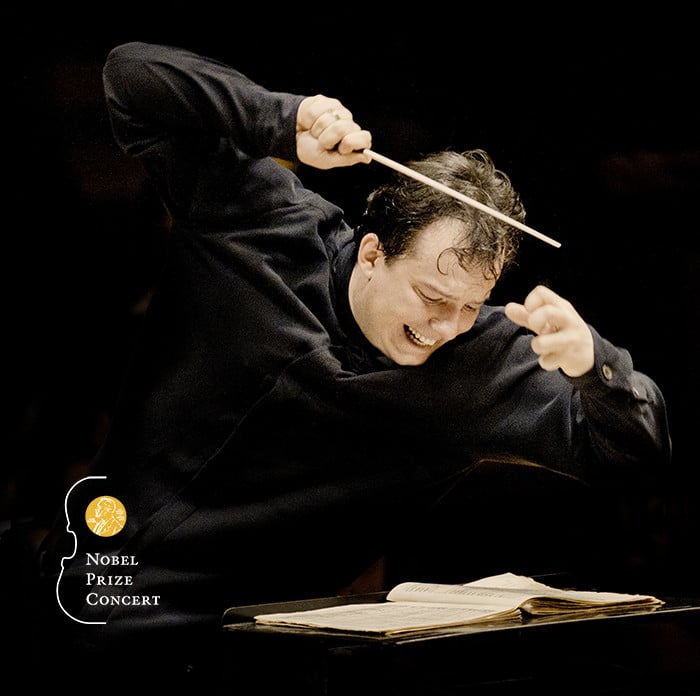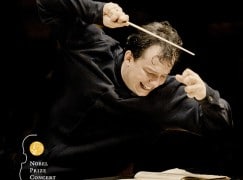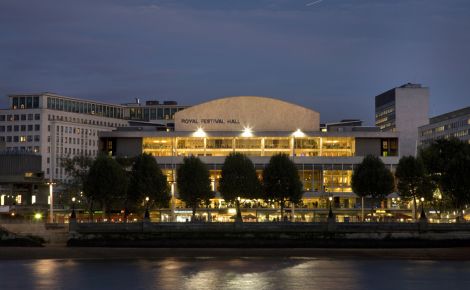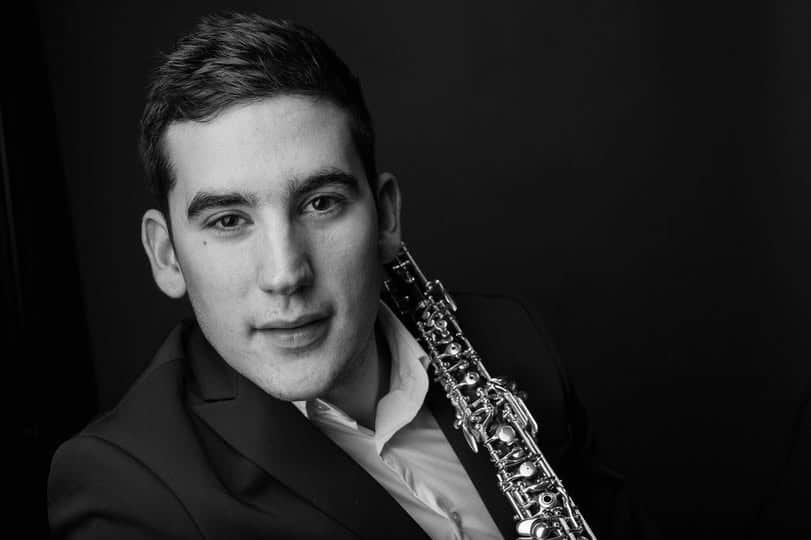Beethoven breaks into Vienna’s New Year’s Day concert
mainAndris Nelsons has introduced nine novelties into the Vienna Phil’s annual showpiece, including some by Beethoven (who might not have been thrilled by the format).
Here’s the rundown, released today:
Carl Michael Ziehrer Die Landstreicher
Josef Strauß Liebesgrüße (Walzer)
Josef Strauß Liechtenstein-Marsch
Johann Strauß (Sohn) Blumenfest-Polka
Johann Strauß (Sohn) Wo die Zitronen blüh’n
Eduard Strauß Knall und Fall
Franz von Suppe Leichte Kavallerie (Ouvertüre)
Josef Strauß Cupido
Johann Strauß (Sohn) Seid umschlungen, Millionen!
Eduard Strauß Eisblume (Polka mazur)
Josef Hellmesberger d. Gavotte
Hans Christian Lumbye Postillon Galop P
Ludwig van Beethoven 12 Contretänze
Johann Strauß (Sohn) Freuet euch des Lebens
Johann Strauß (Sohn) Tritsch-Tratsch Polka
Josef Strauß Dynamiden (Walzer).







Comments